-
The Flower and The Bee Treixadura D.O. Ribeiro 2020
Regular price $33.95 CADRegular priceUnit price per -
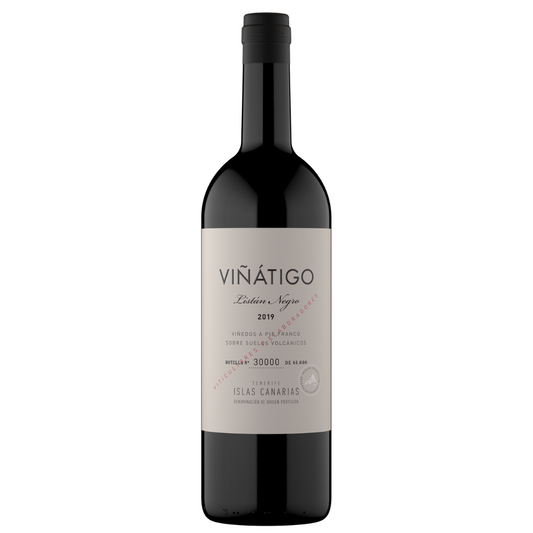 Sold out
Sold outViñátigo Listán Negro 2019
Regular price $44.95 CADRegular priceUnit price per -
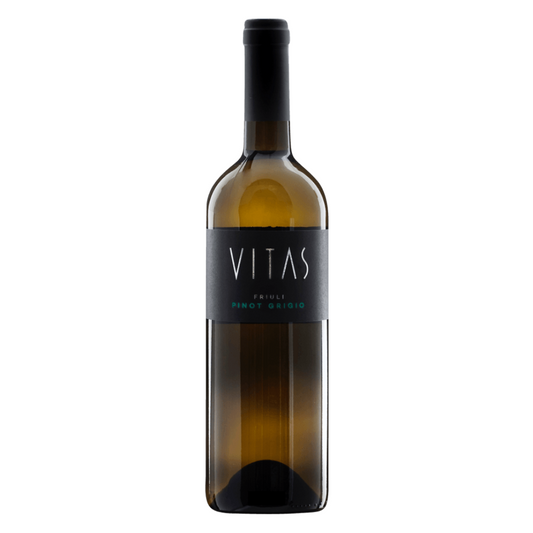 Sold out
Sold outVitas Pinot Grigio 2019
Regular price $26.95 CADRegular priceUnit price per -
The Flower and The Bee Sousón D.O. Ribeiro 2020
Regular price $33.95 CADRegular priceUnit price per -
Leaning Post Rosé VQA Niagara Peninsula 2020
Regular price $24.95 CADRegular priceUnit price per -
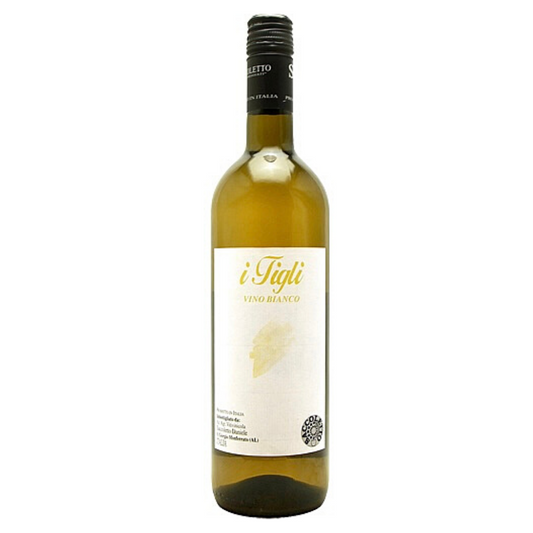 Sold out
Sold outDaniele Saccoletto I Tigli Bianco
Regular price $41.95 CADRegular priceUnit price per -
Château du Moulin Noir Montagne Saint Emilion 2011
Regular price $42.95 CADRegular priceUnit price per -
Cantine Barbera Kalio Perricone Menfi DOC 2019
Regular price $37.95 CADRegular priceUnit price per -
Monmarthe Secret de Famille Champagne NV
Regular price $71.95 CADRegular priceUnit price per -
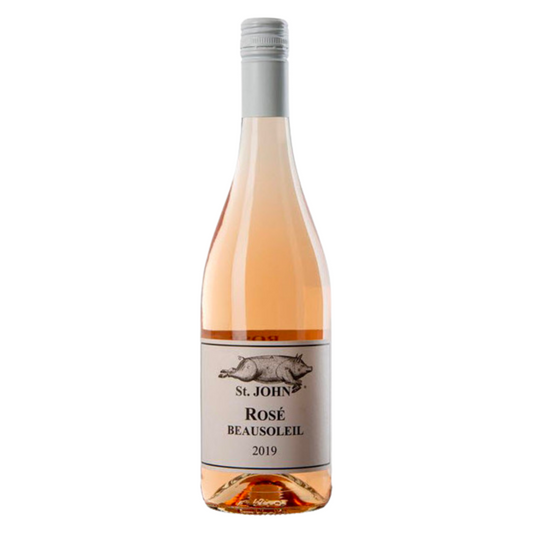 Sold out
Sold outSt. John Beausoleil Rosé 2020
Regular price $28.95 CADRegular priceUnit price per -
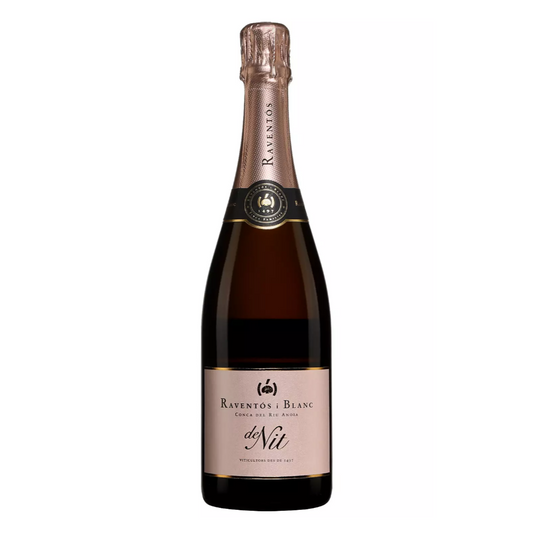 Sold out
Sold outRaventós Rosé de Nit 2018
Regular price $47.95 CADRegular priceUnit price per -
Radio-Coteau County Line Pinot Noir 2019
Regular price $72.95 CADRegular priceUnit price per -
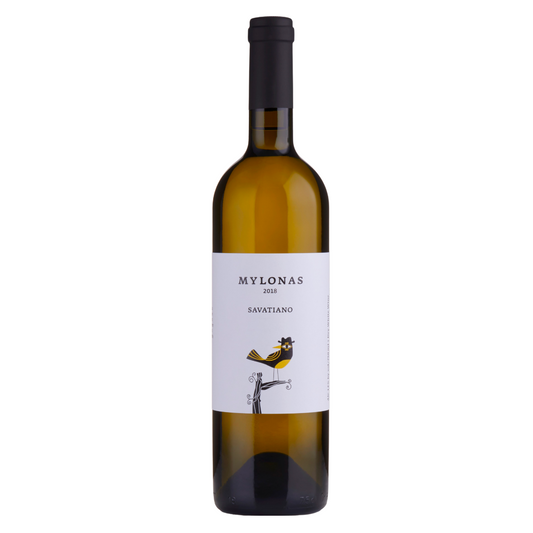 Sold out
Sold outMylonas Savatiano 2021
Regular price $26.95 CADRegular priceUnit price per -
Peter Zemmer Pinot Grigio La Lot 2020
Regular price $20.95 CADRegular priceUnit price per -
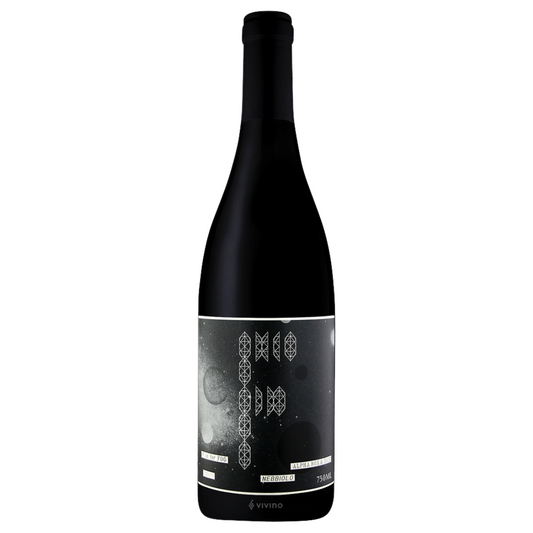 Sold out
Sold outAlpha Box & Dice Fog Nebbiolo 2017
Regular price $55.95 CADRegular priceUnit price per -
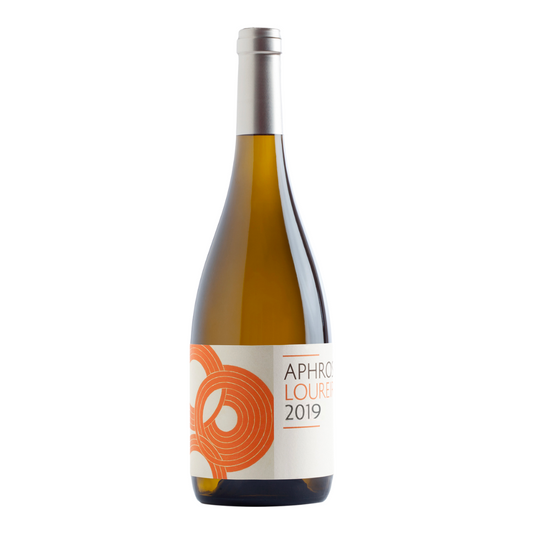 Sold out
Sold outAphros Vinhos Loureiro 2014
Regular price $33.95 CADRegular priceUnit price per














